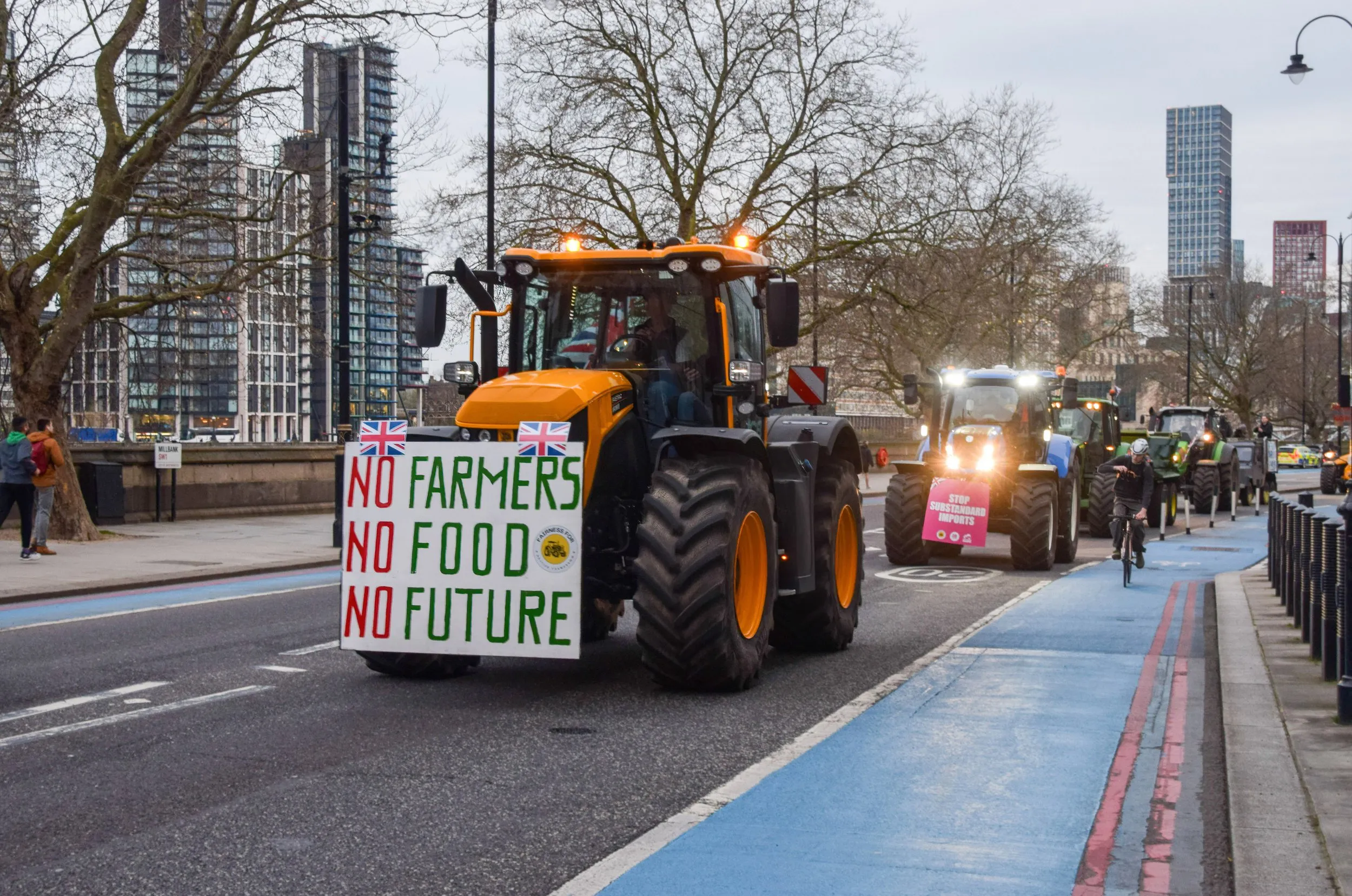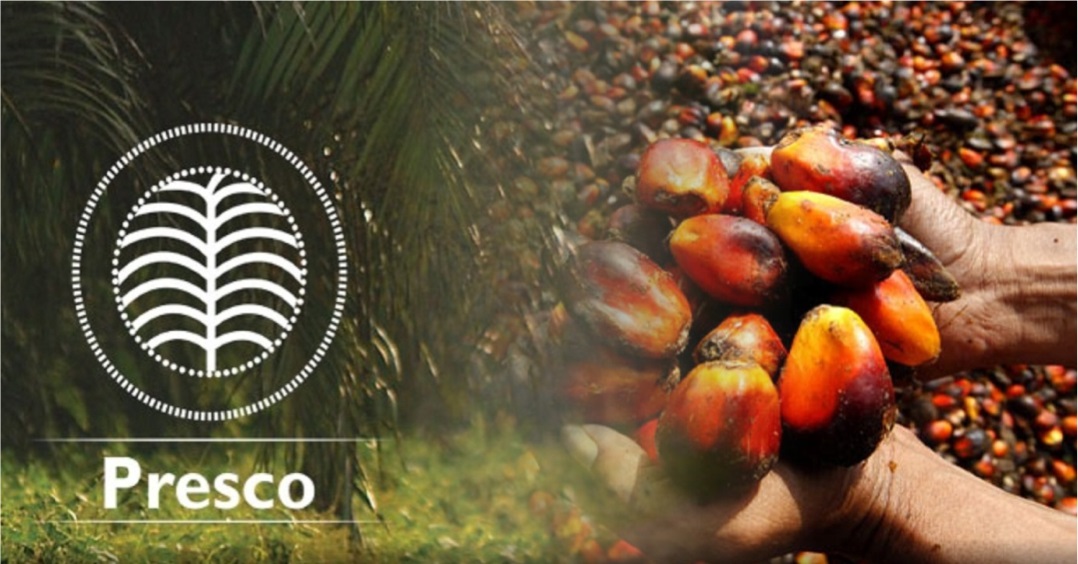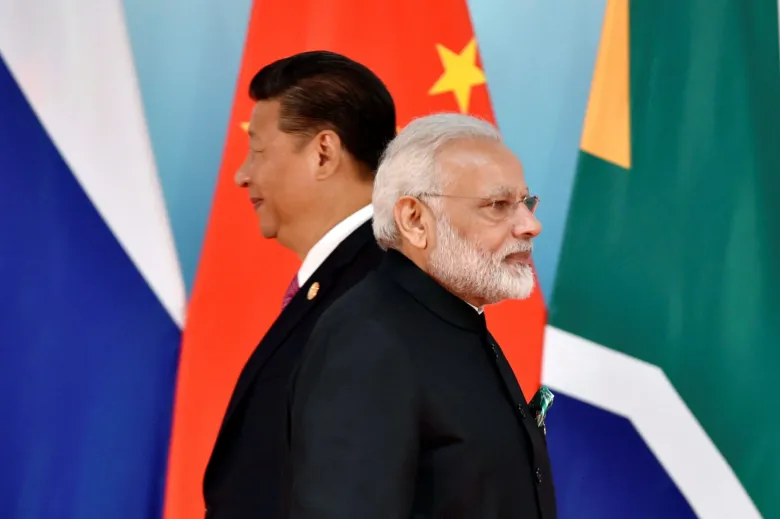The European Commission is set to announce stricter regulations on food imports that do not meet EU standards as part of a broader agricultural policy review aimed at appeasing farmers frustrated by trade competition and regulatory burdens.
Key Measures in the Review
- Stronger Alignment of Production Standards: The EU will ensure that hazardous pesticides banned within the bloc are not reintroduced through imported food products.
- Potential Import Restrictions: Though the draft does not specify a timeline or targeted countries, reports suggest US crops like soybeans could be impacted amid rising trade tensions.
- Scrutiny of Mercosur Trade Deal: European farmers have voiced concerns over cheap imports from Latin America, making the recent EU-Mercosur trade deal a contentious issue.
Agricultural Subsidy Reforms
The policy review also proposes a major overhaul of the EU’s Common Agricultural Policy (CAP):
- Shift in Subsidy Distribution: Instead of favoring large landowners, more funds will be directed toward young farmers, small-scale operations, and those promoting environmental sustainability.
- Reducing Red Tape: Access to financial aid will be streamlined for small and medium-sized farms.
- Lowering Dependence on Imports: The EU aims to diversify supply chains, particularly reducing reliance on Russian fertilizers.
Why It Matters
- The EU’s agriculture sector represents 1.3% of GDP, employing 30 million people (15% of total employment).
- The CAP budget for 2021-2027 stands at €387 billion ($460 million), making its allocation highly political.
- Farmers’ protests across France, Belgium, and Eastern Europe highlight growing tensions over unfair trade practices and regulatory constraints.
The policy review is expected to set the stage for negotiations on the next CAP budget (2028-2034), one of the most sensitive topics for EU Commission President Ursula von der Leyen’s second term.




